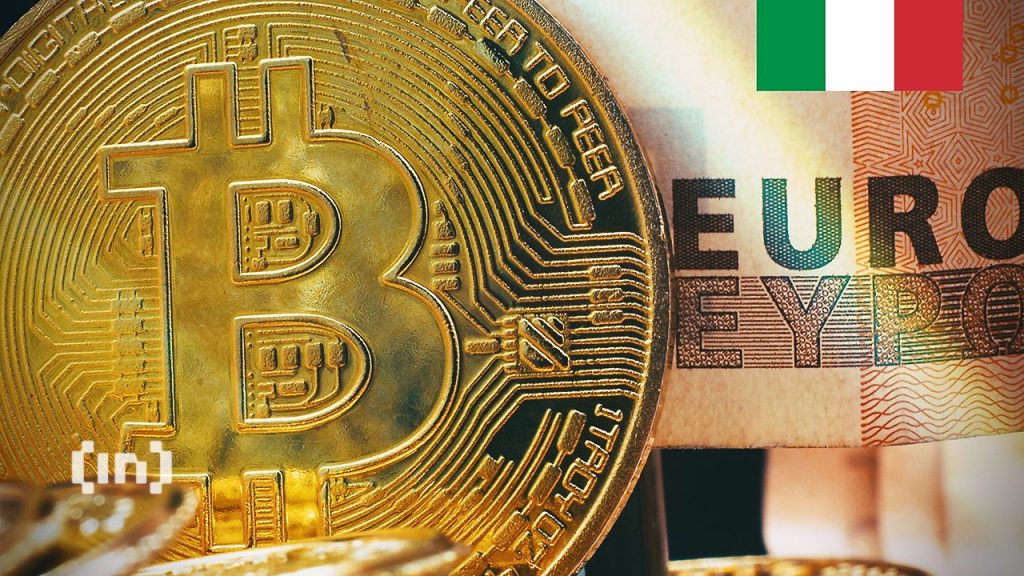Lax Italian Crypto Approvals Could Put EU Consumers at Risk

The Italian financial regulator is approving licenses for cryptocurrency exchanges without vetting them properly, according to a report.
The Organismo Agenti e Mediatori (OAM), Italy’s supervisory body for financial agents, registered 73 cryptocurrency firms as virtual currency service providers over the summer, after initially making it available in May.
On registration, several major crypto firms, including Coinbase, Binance and Crypto.com, announced that they had received regulatory approval to operate in Italy.
Although being registered theoretically means these companies are adherent to the country’s anti-money laundering standards, none of them had actually been investigated in any detail by the authority before receiving approval.
The OAM confirmed that it’s still working to determine what relevant data it should be collecting from companies, which it likely will not begin to do until next year, meaning Italy’s supervisory authorities are currently not monitoring any transactions being carried out on these exchanges.
Italian registration a “light” touch
When compared with other countries in the European Union, Italy’s registration process is “very light” said Francesco Dagnino, managing partner of the Milan-based law firm Lexia Avocati, who has handled 16 applications.
According to the lawyer, registration does not require compliance with any special requirements, including operational integrity or anti-money laundering (AML) standards. “As far as I know, Italy is probably the jurisdiction with the simplest process. It’s just a registration,” he said.
Meanwhile, in France, Crypto.com’s recent approval process demonstrated the efforts other EU regulators go to before giving approval.
The company first had to receive clearance from the Autorité de Contrôle Prudentiel et de Résolution (ACPR), a financial regulator operating under the aegis of the Banque de France.
The Autorité des Marchés Financiers (AMF) then reviewed the application, focusing heavily on anti-money laundering (AML) and the prevention of financing terrorism, before registering Crypto.com as a Digital Asset Service Provider (DASP) in France.
Risks posed by MiCA legislation
While this certainly poses a risk for consumers using these services in Italy, according to forthcoming regulation from the European Union, it could also potentially affect other constituent countries.
Earlier this week, the EU’s Markets in Crypto Assets (MiCA) bill was reportedly finalized and left open for comments.
If passed, this legislation would only require crypto companies to receive regulatory approval from one national authority in order to operate across the EU.
Consequently, if Italy does not bolster its regulatory standards by the time the legislation passes, it could provide an entry point for riskier platforms to operate across Europe.
Disclaimer
All the information contained on our website is published in good faith and for general information purposes only. Any action the reader takes upon the information found on our website is strictly at their own risk.









